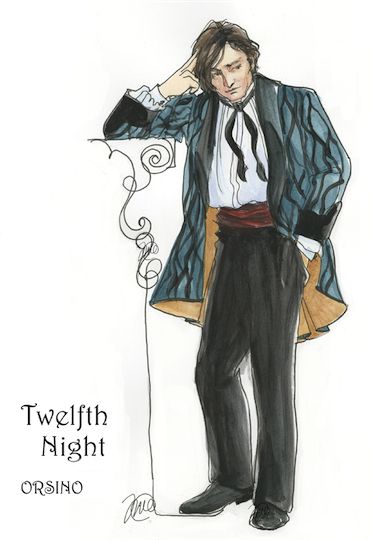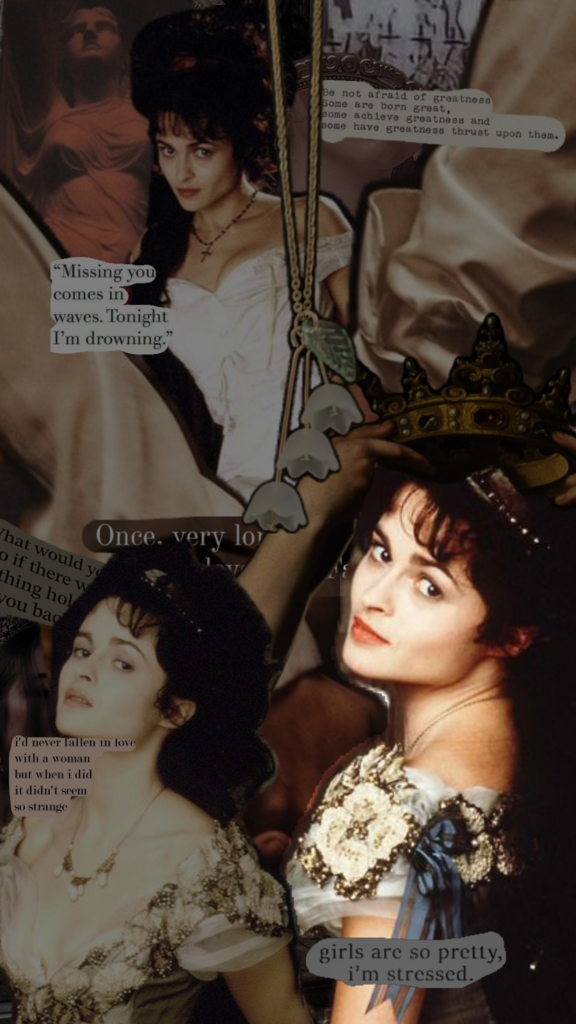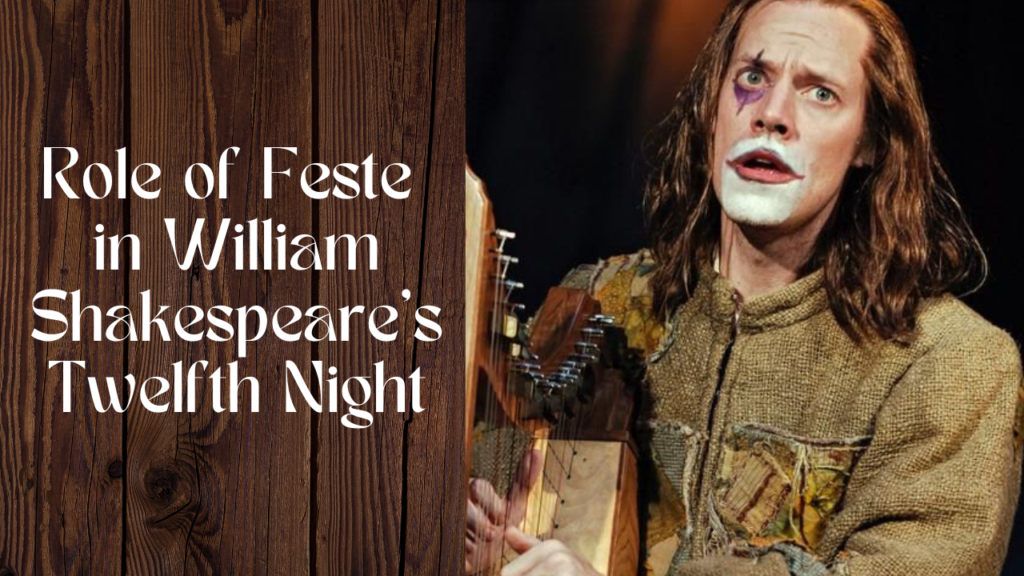What is Comedy and Romantic Comedy?
Comedy is a literary genre and a type of dramatic work that is amusing and satirical in its tone, mostly having a cheerful ending. The motif of this dramatic work is triumph over unpleasant circumstances by creating comic effects, resulting in a happy or successful conclusion. Aristotle divided the comedy into farce, satire and romantic comedy. In general, comedy is meant to provide humour and laughter for the audience. However, English comedy changed in definition as it meant a happy ending despite the characters having faced difficulties during the play.
A romantic comedy is a type of play which consists of love affairs between the characters, mainly the protagonists. It involves difficulties that arise due to their affairs, protagonists overcoming these difficulties and the ending that is generally happy to everyone. Several of these comedies end either at a festival or a feast of gathering where everyone celebrates joy. In Anatomy of Criticism, Northrop Frye discusses several movements in romantic comedies and how the world of conflicts dissolve as the play moves on.
Elements of Romantic Comedy in Twelfth Night
Twelfth Night is the play in William Shakespeare’s comedies, histories and tragedies published in 1623, commonly referred to by modern scholars as the First Folio.
Twelfth Night is a model Shakespearean romantic comedy since it employs nearly every feature of the genre: a feuding mistaken identity, misunderstandings, confusions and a happy ending. Shakespeare wrote Twelfth Night sometime between 1600 and 1602. Its subtitle, “What You Will,” is also known as Eve of Epiphany and is related to the day of festivities which falls on January sixth, that concludes the twelve days of Christmas celebration. During Shakespeare’s time, the holiday of Twelfth Night in England was also known as the Feast of Fools. During this time, the tradition was that fools should rule and kings should take on the role of entertaining. Thus in general, normal constraints and conventions were suspended temporarily.
Illyria as an imaginary setting
The action of Twelfth Night takes place at some uncertain date in Illyria, an imaginary place where the Italian-styled court of Orsino is a neighbour to the apparently English household of Olivia. Several of Shakespeare’s comedies have such highly imagined and exotic settings like the magical wood outside in A Midsummer Night’s Dream or the Forest of Arden in As You Like It. Illyria has provided a romantic atmosphere filled with gaiety, fun, pleasure and pensive suffering and confusion due to disguise and cross-dressing by the hero.
Duke Orsino and Countess Olivia
The Duke of Illyria is more amorous than diplomatic and statesmanlike. Countess Olivia is in love with Cesario and Cesario, who is Viola, is in love with Orsino. People love to spend their time in revelry and merry-making, music and eating.
Along with the setting, the atmosphere of Twelfth Night is saturated with passionate love. The songs and music enhance the atmosphere of love and contribute to the comedy being romantic in taste and nature. Twelfth Night begins and ends with music. It is the only play of Shakespeare to do so explicitly. The play opens on a note of love. At the very beginning of the play, Orsino says:

“If music be the food of love, play on;
Give me excess of it, the surfeiting,
The appetite may sicken, and so die.”
Love rules the play. All the principal characters in the play are passionately in love.They have no other business but that of falling in love. Duke Orsino passionately pours and pursues Olivia but each time he is rejected by her. Thus, the Duke is love-sick. The passionate love is expressed in poetical language. The Duke discourses on love in a highly fanciful and eloquent language in the course of the play. He explains his condition “when he first embraced the beauty of Olivia. From that instant, it was turned into a hart.” He thought that Olivia purged the air of pestilence. Olivia in the play has been portrayed as an ideal and wealthy Elizabethan woman of exquisite beauty. Orsino pursues her for her qualities but he barely knows Countess Olivia.
Sir Andrew Aguecheek who thinks himself in love with Olivia
Sir Andrew and steward Malvolio pursue Olivia & they desire to marry her. Malvolio thinks that his lady loves him after reading the false letter written by Maria, whereas Sir Andrew has come to Illyria as a suitor to Olivia. The treatment of love and suffering in this manner makes the play romantic.
Olivia and Viola
Viola, a young lady who survived shipwreck, decides to work as an eunuch for Orsino by disguising herself as a boy, Cesario. Viola receives the favour of the Duke who is not aware that his boy Cesario is a woman of wit and beauty who has fallen in love with him at first sight. The Duke also fell in love with Countess Olivia as soon as he beheld her for the first time. Viola says she wishes she could marry Orsino:
“Fateful strife! Whoever I woo, myself would be his wife.”
Love triangle and use of blank verse
Shakespeare’s use of language in Twelfth Night shows the audience that Orsino and Viola are meant to be together. Both of them speak in blank verse. Orsino’s line ends, “…to call his fortunes thine” and Viola responds, “I’ll do my best.” Each looks like a half line but together they add up to a full line: they complete each other’s emotions through words. Viola’s love for Orsino is real and natural unlike Orsino’s love for Olivia which is full of eloquent speech without any consideration for the feelings of Olivia.
Olivia falls in love with Cesario in the course of her very first interview with him. As soon as Cesario leaves, Olivia says to herself: “Even so quickly one may catch the Plague.” She even sends a ring as a token of love through Malvolio which results in the creation of a love-triangle. Only Viola is aware of the mess created due to her disguise. She even rebukes disguise as the device of evil:
“Disguise, I see thou art a wickedness. How easy is it for the proper false in women’s waxen hearts to set their forms.”
She feels pity for poor Olivia because Olivia misunderstands the disguise of Viola as a real man or boy. “Poor lady, she were better love a dream.” Olivia expresses her passion in a most impulsive and forceful manner. She swears by the roses of the spring, by her maidenhood and by her honour that she loves Cesario deeply and says:

“Nor wit nor reason can my passion hide, my love is deep, more ready to go with him than hell. A fiend like you might bear my soul to hell.”
Importance of Music
Music and song as mentioned earlier provide a romantic atmosphere to the play. The play also has an accomplished singer in the person of Clown or Feste, who sings as many as four songs. The Duke is a man of genuine musical taste. He likes sentimental melodies, like the one which deals with the subject of love and death. Even Sir Toby and Sir Andrew are fond of music and they ask the clown to sing a love-song.
Neglect of the unities
Twelfth Night is also romantic in the sense that it does not follow the classical unities of time, place and action. Unity of time and action have not been observed. There is no one plot of the…?
The play itself also included two plots. The Fools and Court scenes are also mingled. The main plot is serious and tragic in tone. On the other hand, the sub-plot is entirely comic. Thus there is no unity of time because the action of the play is spread over many days and is not limited only to twenty-four hours.
Conclusion
A combination of realism and romance is another quality of Twelfth Night. It is a romantic comedy. Most of the situations in the play are highly improbable, unrealistic, improbable. A romantic play is generally improbable. A romantic play symbolizes the power of imagination. Dramatists imagine situations which may not occur in real life.
Overall, the play includes most of the elements of romantic comedies like disguise, marriages, love, music, and joy. The conflicts that arise due to disguise and confusions of feelings caused due to disguise gets resolved eventually. No deaths occur in the end and most of the characters find true love that ends in marriage. The difference between comedy and tragedy is judged on the presence and absence of certain elements. A comedy usually contains marriages, disguise, love affairs, elopement, comic situations, minor characters engaged in gross wit and revelry and the absence of misfortune, pessimism and deaths. In tragedy, reversal of fortune, unfortunate recognition and deaths are integral to its plot. Shakespeare’s Twelfth Night qualifies as a romantic comedy because it fulfills all the eligibility criteria of a comedy.


